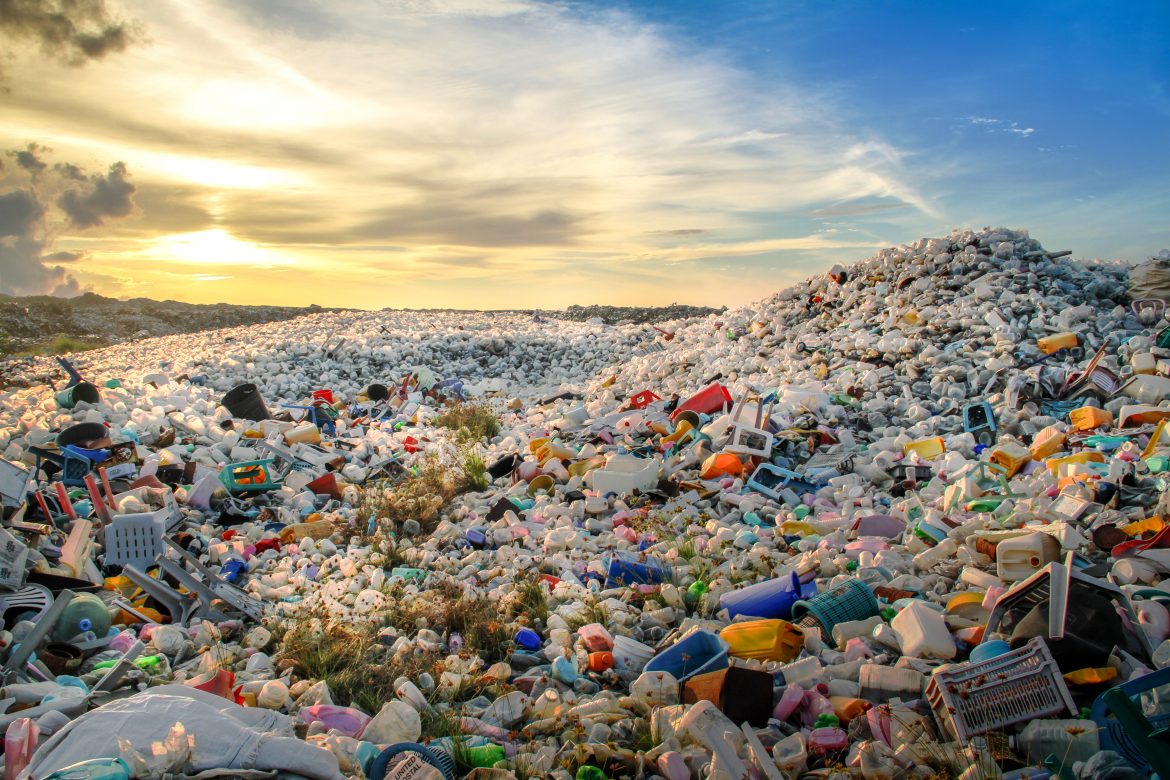The vast majority of consumer products are packaged in plastic, whether it’s the food industry, beauty industry and everything in between. Sadly the majority of discarded plastic packages wind up in the dump, the ocean, and waterways.
Recognizing that plastic waste from consumer products is detrimental to the environment, the countries of the European Union (EU) have announced an initiative to make all plastic packaging manufactured and sold in Europe to be recyclable, reduce single-use plastic and restrict micro plastics.
At the same time, the Prime Minister of England, Theresa May, has mandated that by 2042 England will end plastic waste that is considered unnecessary to curb the throwaway culture in the UK. Under this proposal, supermarkets will have plastic less-aisles, continue to discourage the use of plastic bags with a usage charge, taxation on single-use plastic items, and funding will be increased for government research in plastic innovation while also striving to decrease pollution and plastic use in developing countries. The outcome of this long reach mandate is to clean up the land and waterways of the UK for a better environment.
As reported in the Beauty Packaging Magazine February 2018, Unilever has taken the initiative to have the consumer goods industry fast-track their progress to reduce the one use package thus reducing plastic waste in dumps and especially in the ocean.
Unilever has committed to making certain 100% of its plastic packaging is fully reusable, recyclable or compostable by 2025 thus stopping the seepage of plastic waste in the environment and especially in the waterways and oceans. From this announcement, ten more major companies have made the same pledge. But there are many more companies that have yet to get on board.
In the article, it is noted that the Ellen MacArthur Foundation research findings found that one dump truck’s load of plastics winds up in the oceans every minute and by 2050 there will be more plastic, by weight, in the oceans than fish if the current low of 14% of plastic recycled is not dramatically improved at a more rapid pace.
Unilever believes that there are four steps consumer goods companies need to take to accelerate the recyclable environment:
1. For companies to invest in innovation towards new delivery models that promote reuse
2. For more companies to commit to 100% reusable, recyclable or compostable packaging by 2025 and set stretching targets for using the post-consumer recycled content.
3. For a Global Plastics Protocol setting commonly agreed definitions and industry standards on what materials are put into the marketplace, to ensure our packaging is compatible with existing and cost-effective recycling infrastructures.
4. For companies to engage positively in policy discussions with governments on the need for improvements to waste management infrastructure, including the implementation of Extended Producer Responsibility schemes.”
From every industry, there must be a commitment by companies to packaging it’s products in recyclable, reusable or compostable plastic to maintain the integrity of the land and oceans. Consumers also are a part of this equation in the proper handling and disposal of recyclable packages.
If we all do our part we can clean up our planet.
 Food
Food Farmers
Farmers Sustainable Living
Sustainable Living Living Planet
Living Planet News
News